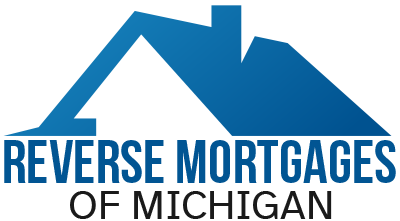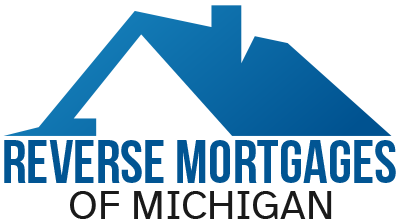Mortgage Interest Rates: A Guide for Homebuyers

Mortgage Interest Rates: A Guide for Homebuyers
Mortgage interest rates are a crucial factor to consider when purchasing a home. These rates directly impact the monthly payments you’ll make on your loan. Understanding how mortgage interest rates work can help you make informed decisions about your homeownership journey.
What are Mortgage Interest Rates?
Mortgage interest rates are the cost of borrowing money to purchase a home. Essentially, it’s the lender’s fee for providing you with the funds. Rates are usually expressed as a percentage of the loan amount.
Factors Affecting Mortgage Interest Rates
Several factors influence mortgage interest rates:
- Economic Conditions: The overall health of the economy, including inflation and unemployment rates, can affect interest rates.
- Federal Reserve Policy: The Federal Reserve’s monetary policy decisions, such as adjusting interest rates, can impact mortgage rates.
- Credit Score: Your creditworthiness plays a significant role. A higher credit score generally leads to lower interest rates.
- Loan Type: Different loan types, such as fixed-rate or adjustable-rate mortgages (ARMs), have varying interest rate structures.
- Loan-to-Value (LTV) Ratio: The ratio of your loan amount to the home’s value affects your interest rate. A lower LTV typically results in a lower rate.
Fixed-Rate vs. Adjustable-Rate Mortgages
- Fixed-Rate Mortgages: The interest rate remains constant throughout the loan term. This offers predictability and stability.
- Adjustable-Rate Mortgages: The interest rate fluctuates based on a benchmark index, such as the prime rate. This can lead to lower initial rates but carries the risk of higher rates in the future.
How to Find the Best Mortgage Rate
To secure the best possible mortgage rate:
- Shop Around: Get quotes from multiple lenders to compare rates and terms.
- Improve Your Credit Score: A higher credit score can lead to better interest rates.
- Consider a Larger Down Payment: A down payment of 20% or more can help you qualify for better rates.
- Lock in Your Rate: If interest rates are rising, consider locking in your rate to avoid paying higher costs.
By understanding mortgage interest rates and how they’re influenced, you can make more informed decisions when purchasing a home. Consult with a mortgage professional to discuss your specific needs and explore the available options.


